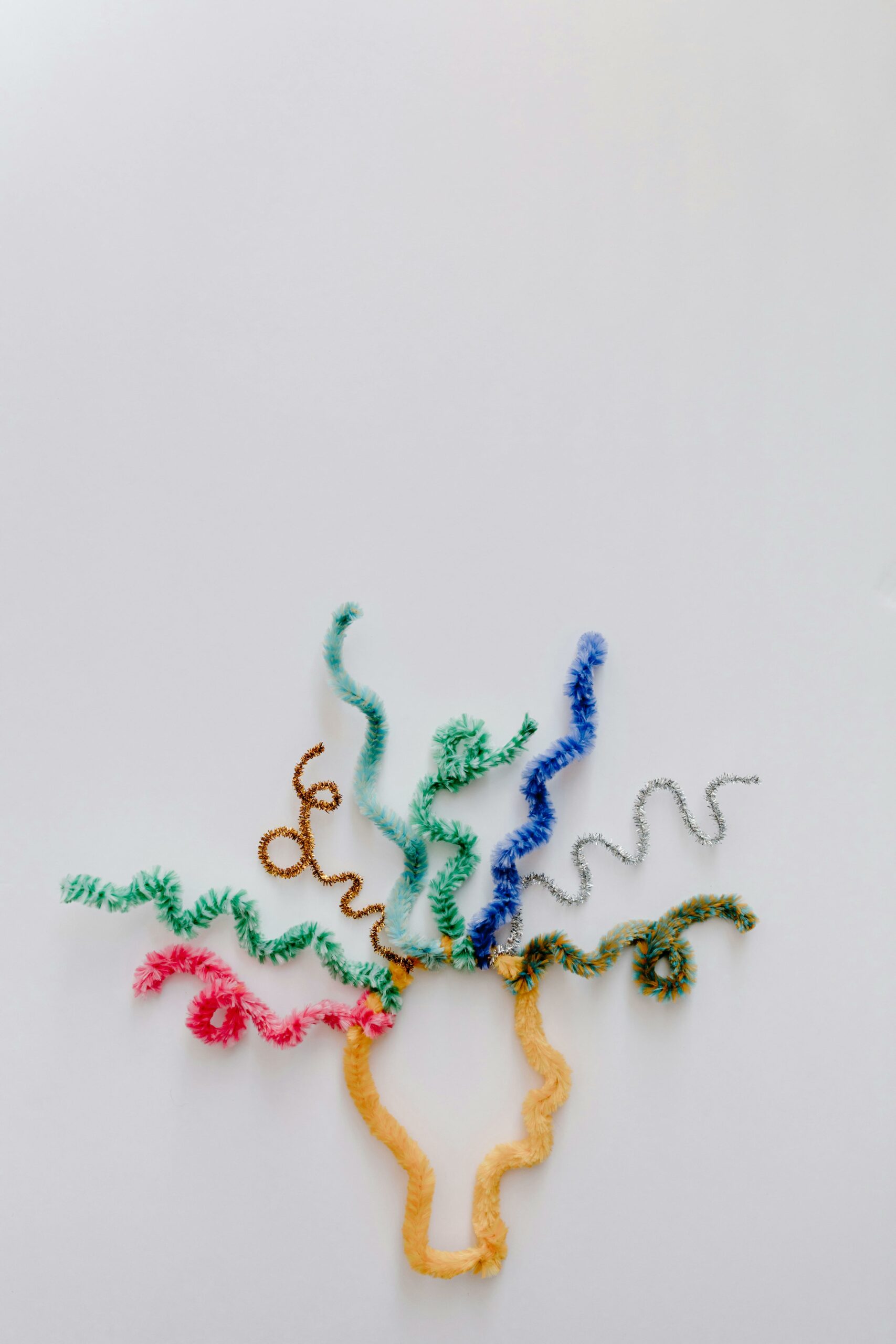What’s In Your Gut?
Category: friendly microflora

“Your gut is the center of your universe (and your immunity),” says Atlanta-based nutritionist and naturopath Deirdre Rawlings, PhD, ND, author of the upcoming book Fermented Foods for Health: Use the Power of Probiotic Foods to Improve Your Digestion, Strengthen Your Immunity and Prevent Illness (Fair Winds Press, June 2013). “You have the power to enhance or destroy it.”
Having just listened to Dr. James Scala’s recent webinar on how to have a healthy gut, I thought about his discussion about diet. Fiber was an important part of that discussion and I found it particularly interesting that for those who were having issues such as IBD (Irritable Bowel Syndrome) and Colitis, he really stressed soft cooked vegetables along with fruit without the skin as well as eliminating hard bran foods. Often we think of fiber as including all of those things. He also suggested avoiding meat and if one does eat poultry to avoid the skin (which of course would eliminate fried chicken!) Cold water fish of course was included as a positive food choice. Supplements included an essential omega-3 which includes both EPA and DHA, a multi-vitamin (since if one has diarrhea, minerals from food is often lost), fiber supplements (since it is difficult to get enough fiber from our diets) and a protein supplement.
I loved this analogy I just came across ~ Think of our colon as a garden…..there are both flowers and weeds. The flowers are the friendly microflora (beneficial bacteria) which need to be present in high enough concentration to keep the weeds, the unfriendly microflora (harmful bacteria) in check. And, of course, when the number of weeds (those unfriendly microflora) get too large in proportion to the number of flowers (that friendly microflora) the health of our colon is compromised and we may find ourselves experiencing such symptoms as frequent fatigue, cravings for sweets, fungus infections of nails and skin, bloated abdomen and bowel complaints, muscle aches and/or weakness ~ the list goes on and on.
So what causes this imbalance?
- As we age the proportion of beneficial microflora decreases.
- The most common cause is the use of antibiotics as it kills both the beneficial and harmful bacteria in our bodies. Because farmers feed antibiotics to cattle and poultry on a daily basis, they are then passed on to us in our food and the milk we drink.
- Poor diet also plays a role ~ low-fat, high-carbohydrate, high-fiber diet promotes the proper balance of intestinal flora but many do not follow this type of diet.
- Stress
How can we get this balance back?
- Using an acidophilus-bifidus supplement daily which helps the beneficial microflora to thrive, therefore, contributing to LONG-TERM colon health. You definitely want one that can guarantee live delivery of the beneficial microflora to the intestine. Some products only guarantee live cultures at the time of shipping and they deteriorate rapidly over time and when exposed to stomach acid. The one I recommended has the protection of a patented, triple-encapsulation technology which protects the ingredients until they reach the intestine.
- Miso ~ Made from fermented soy, miso paste can be used to make soups, season dishes, or as a condiment. With lots of lactobacillus acidophilus present in most miso varieties, you can quickly get your fill of good bacteria in just one serving.
- Organic yogurt with live and active cultures.
- Sauerkraut, fermented cabbage ~ it contains lactobacilli plantarum and it is amazing for your immune system.
- Apples – it has been found that if one eats apples regularly, the friendly bacteria “help produce short chain fatty acids that provide ideal pH conditions for ensuring a beneficial balance of microorganisms.”
The best case for probiotic therapy has been in the treatment of diarrhea. Controlled trials have shown that Lactobacillus GG can shorten the course of infectious diarrhea in infants and children (but not adults). Although studies are limited and data are inconsistent, two large reviews, taken together, suggest that probiotics reduce antibiotic-associated diarrhea by 60%, when compared with a placebo. Several small studies have even shown that Chrohn’s disease and irritable bowel syndrome can be helped with probiotic therapy.
Including the above foods in our daily diet as well as taking a supplement that will guarantee live delivery of the beneficial microflora to the intestine is something everyone should consider to keep “that healthy gut.”



Facebook Comments